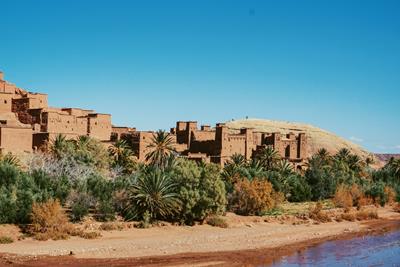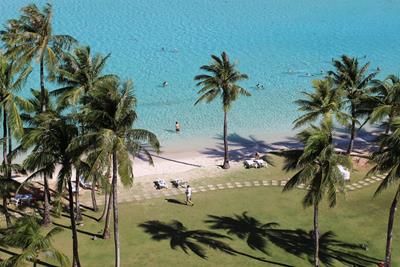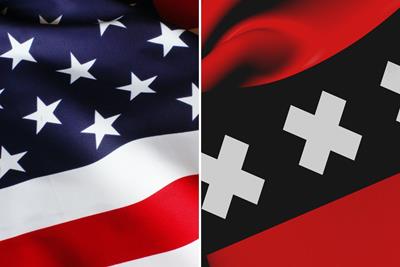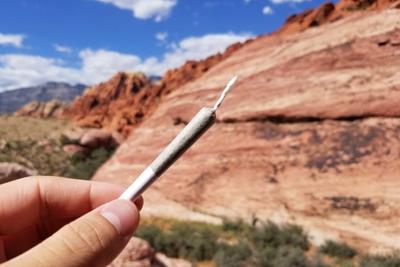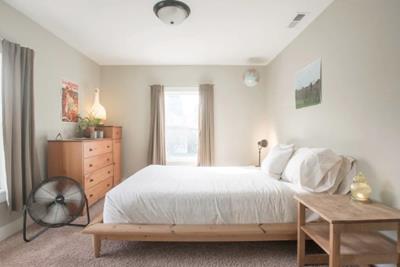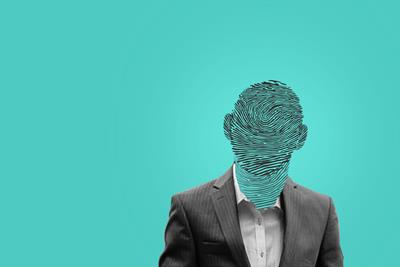
Friday August 28, 2015
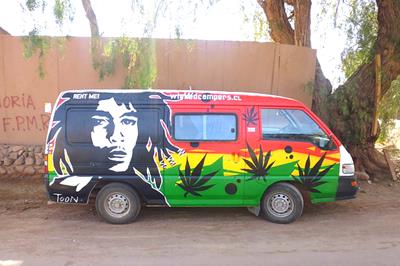 Travel
Travel
When people think of Jamaica, they often think of sunny beaches, reggae music, the Rastafarian religion and of course, ganja. But marijuana hasn't always been inherent with Jamaican culture. It wasn't until the mid-19th century that cannabis found its way to Jamaica. Before that, good ol's sugar was the crop of choice and African slaves were the ones to tend to it.
The Origins of Cannabis in Jamaica
Jamaica's tropical climate is perfect for plant cultivation -- sunshine is ample, rain plentiful and soil fertile -- which made it the perfect place to grow acres upon acres of sugar during the Colonial Era to be sold in the World Market.
To find workers to tend to these fields, slaves were "imported" from Africa. After slavery was abolished in 1838, many of these workers left the plantations for work on independent farms. To supplement their loss, plantation owners began hiring indentured servants from India and China.
Also from India came cannabis ("ganja" in Hindu). The poor, black community became particularly fond of this new herb, many of which hailing it as the key to religious enlightenment. Though its use was certainly not exclusive to religious practices, when the Rastafarian religion was born, ganja became a major part of its doctrine.
Marijuana and the Rastafarian Religion
Around the same time that slavery was being eradicated in Jamaica, Marcus Garvey was leading the way towards African Enlightenment. In 1920, he openly objected to the deplorable conditions the black population faced and actively worked to change that. Some of his most well-known followers include Malcolm X and Martin Luther King.
Followers of Garvey (A.K.A Garveyites) believed him to be a prophet. Many believed that his stage play, The Coronation of the King and the Queen of Africa, predicted the coming of their savior. Their belief was confirmed upon the crowning of Emperor Ras Tafari who took the name Haile Selassie after his coronation (though it is still uncertain whether or not this prediction was actually made).
Because of Selassie’s role in Ethiopia (it was the only African country that had never been under Western rule), the Rastafarian religion came to view Ethiopia as the "Promise Land" and, in turn, adopted the flag's colors of red, yellow and green.
When it comes to practicing the Rastafarian religion, cannabis is a key component. That’s because cannabis is used as a holy herb to bring enlightenment and develop community. Cannabis is typically smoked during religious ceremonies (rather than just toking throughout the day) out of a peace pipe, or "chalice," then used to facilitate conversations about religion and life in general.
Bob Marley, Reggae and the Rastafarian Religion
Bob Marley was perhaps one of the most well-known Rastafarians thanks to his influential role as a Reggae musician. Reggae was developed in the late 1960’s in Kingston, Marley’s home town, born of traditional African sounds like blues and ska. After Selassie visited Kingston in 1966, Marley and many others converted to Rastafarianism and promoted the religion through song.
The Rasta message of peace and love rang well with the “hippie” counterculture of the West, earning Marley global fame by the mid 70’s. He was the first Third-World artist to achieve global stardom.
Cannabis as a Rite of Passage
Marijuana is not only used by Rastafarians. Whereas only about 5 percent of Jamaica's population identifies as Rastafarian, almost 10 percent use cannabis according to some reports.
Cannabis consumption in Jamaica begins at a relatively young age, sometimes as early as infancy and childhood. Consumption is usually much more discrete at this age and hidden in tea behind other flavors. When administered to such young children, it is typically done so specifically for medical purposes.
As in many other countries, young adults in Jamaica are exposed to cannabis smoke much earlier, too, and often succumb to peer pressure when taking their first toke. As young men and women grow into adulthood, cannabis habits tend to change, too. It is during this point in life that cannabis use among Jamaicans becomes more systematic and begins to occur only around close friends. Many young adults will also begin cultivating their own cannabis at this point to help balance marijuana into their budget.
Cannabis laws in Jamaica
Until recently, Marijuana has been illegal in Jamaica. It wasn't until mid-April that a new law passed deeming small amounts (up to two ounces) a petty offense. Soon, tourists with medical marijuana prescriptions will be allowed to apply for permits to purchase local ganja, though legally-owned and operated dispensaries are still a ways away.
Cannabis has been a part of Jamaican culture for many years but it wasn’t until recently that cannabis use became decriminalized and (hopefully) not much longer before it is legally available for tourists. Though it’s probably pretty easy to find ganja in Jamaica even without actual store fronts, marijuana reform in the area could help make Jamaica the next best tourist attraction for the cannabis enthusiast and medical user alike.
Where would your favorite marijuana tourism destination be?
Photo Credit: fak1911 (Public domain)



